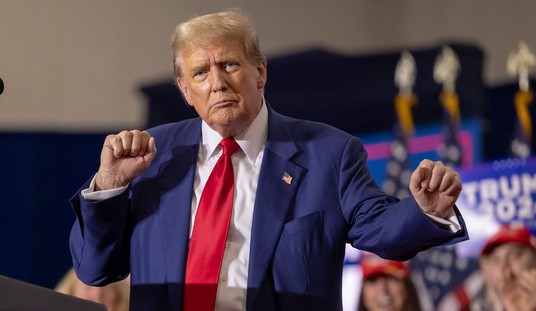The witching hour is not yet upon us — but it’s close. On May 13 the United Nations General Assembly will choose the next batch of countries to join the UN’s 47-member Human Rights Council in Geneva.
Iran has entered the running, as one of five candidates for four seats up for grabs this year by “Asian States.” (Note: Like many things at the UN, these “elections” are perversely structured from the start. The UN Human Rights Council parcels out blocs of member seats on the basis not of democracy or respect for human rights, but of region). The other four candidates are Malaysia, the Maldives, Qatar and Thailand.
President Obama’s policy has been to “engage” the UN Human Rights Council, reversing the Bush policy of by-passing it as irredeemably rotten. During the first year of Obama’s presidency, in mid-2009, the U.S. joined the Council, proposing to reform it from within.
There’s been no sign of serious reform to date; on the contrary, the Human Rights Council has carried on with its usual fixation on Israel, hailed the deeply flawed “Goldstone Report” on Gaza, pursued the UN crusade to gag free speech via “anti-blasphemy” rules, and featured the usual grandstanding by members such as Cuba — which in any sane setting would be drummed out of any chamber genuinely dedicated to human rights.
For Iran to join the Human Rights Council would further warp the workings of the UN itself, and provide yet another platform and global amplifier for the Tehran regime. It would also send a terrible, disheartening message to dissidents inside Iran.
Now is the time for the U.S. to be working like crazy on the diplomatic circuit to block Iran from winning that seat. What are American diplomats doing? Hard to say, but the signs bubbling up from Geneva are not exactly heartening. An unnamed U.S. official recently briefed the Geneva press to the effect that the U.S. is “very concerned” about the the prospect of Iranian membership in the Human Rights Council. Another unnamed U.S. official (or perhaps it was the same nameless diplomat) described the possibility to Swiss radio as “distressing.” Yet another unnamed official (or perhaps it was all the same official, or two of them, or three) went so far as to tell Swiss Radio (see link to “distressing”) that it would be a “horrible sign” and “terrible development.”
Right. It would indeed. But why is the U.S. so coy about who’s making these comments? This isn’t a matter of top-secret, confidential information. This is a case in which the U.S. ought to be leading the way, speaking out loudly and often, making the case and mustering support with enough confidence for senior officials to be speaking out with names and rank attached. If the State Department is banking on quiet diplomacy and background press briefings to keep Iran off the Council, the record is not promising. Brace yourself — it may be just around the bend. Iran on the Human Rights Council. Seriously.









Join the conversation as a VIP Member